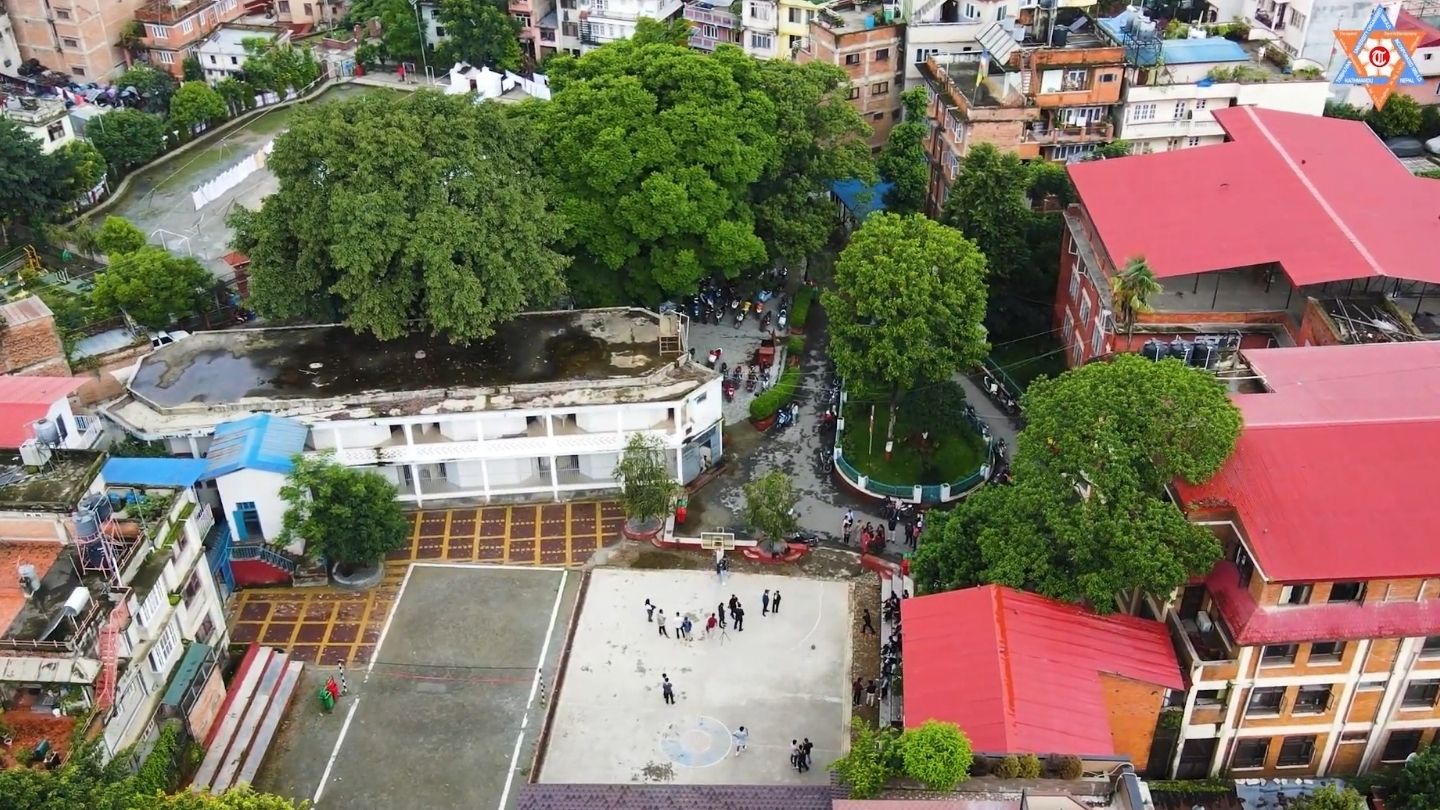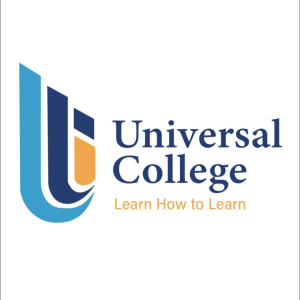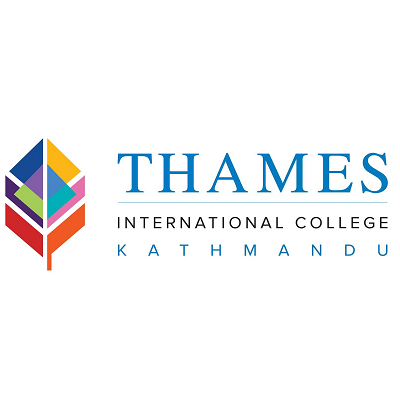Overview
BBM at Public Youth Campus, Dhobichaur, Kathmandu
BBM at Public Youth Campus, Tribhuvan University, offers a four-year management route for students who prefer structured training in decision-making, communication, and enterprise practice.
The program totals 120 credits across eight semesters. Coursework builds from business tools and foundations to focus-area clusters. A research project or internship in the final stage helps students present applied work that reflects local market conditions.

Highlights
-
Affiliation: Tribhuvan University, Faculty of Management; PYC is a constituent public campus in Kathmandu.
-
Duration and Credits: Four years, eight semesters, 120 credits.
-
Intake Test: CMAT with four sections; 100 questions; 40% minimum to qualify for interview.
-
In-Semester Evaluation: 40% based on pre-board tests, class activities, and assignments; theory exam duration is typically three hours.
-
Project/Internship: Six credits for either a research project or an internship; evaluation split across organizational feedback, written report, and presentation.
-
Normal and Maximum Duration: Normal 48 months; maximum 96 months.
Curriculum Details
The BBM curricular structure is organized as follows:
-
Business Tool Courses: 36 credits
-
Business Foundation Courses: 54 credits
-
Focus Area Courses: 15 credits
-
Electives: 9 credits
-
Research Project or Internship: 6 credits
-
Total: 120 credits
Business Tool Courses (illustrative list)
-
Microeconomics for Business; Macroeconomics for Business with seminar
-
Business Mathematics I–II; Business Statistics
-
Psychology; Sociology for Business Management
-
English I–II; Business Communication
-
Business Research Methods
-
Nepalese History and Politics
Business Foundation Courses
-
Financial Accounting; Cost and Management Accounting; Taxation and Auditing
-
Fundamentals of Finance; Financial Management; Financial Markets and Services
-
Foundation of Business Management; Operations Management
-
Legal Environment for Business in Nepal; Business Ethics and Corporate Governance
-
E-Commerce; Database Management System
-
Entrepreneurship & Business Resource Mapping; Practicum on Business Plan
-
Strategic Management; Leadership and Organizational Behavior; Seminar on Leadership & Organizational Behavior
-
Fundamentals of Marketing
Focus Area Clusters (choose one; five courses)
-
Bank Operations and Cooperative Management
-
Sales and Marketing
-
Insurance and Risk Management
-
Entrepreneurship and Enterprise Development
-
Accounting
Focus clusters guide elective choice, internship placement, and the research topic. Students select a path after they gain exposure to core areas.
Research Project or Internship (6 credits)
-
Organizational Evaluation: 25%
-
Written Report: 50%
-
Presentation/Viva: 25%
A minimum passing grade is required for this component.
Objectives
-
Foundation for Management Practice: Build knowledge of accounting, finance, marketing, operations, and business law.
-
Decision Skills: Improve analysis using mathematics, statistics, and research methods.
-
Communication and Teamwork: Strengthen report writing, presentation, and group coordination.
-
Enterprise Orientation: Encourage small-business planning and problem solving suited to local markets.
Scope
BBM graduates move into roles where operational judgment and communication matter. Kathmandu employers often recruit for branch operations, cooperative administration, sales coordination, insurance desks, and government or development projects that need documentation and reporting. The research project or internship supplies a record of applied tasks that helps during screening.
Learning Outcomes
Students who complete BBM at PYC should be able to:
-
Prepare routine accounting reports and interpret basic financial indicators.
-
Draft and present a marketing plan for a defined segment or location.
-
Explain bank and cooperative processes or insurance products, depending on cluster choice.
-
Conduct a small research assignment and defend findings during a presentation.
-
Work with teams, plan tasks, and communicate timelines with clarity.
-
Follow TU formatting rules, internal deadlines, and examination protocols.
Skill Development Modules
-
Decision and Analysis: Mathematics, statistics, economics, and research methods support evidence-based decisions.
-
Communication: English I–II, Business Communication, and seminar-style sessions improve clarity in writing and speech.
-
Digital Literacy: Database systems and E-Commerce build familiarity with systems used for transactions and reporting.
-
Professional Conduct: Leadership, organizational behavior, and business ethics form a base for workplace interactions.
Teaching Methodology
PYC applies a mix of lectures, discussions, case work, structured presentations, and project supervision. Faculty use weekly plans that announce reading tasks and internal evaluation points. Pre-board tests help students measure progress before the semester examination. Group assignments train students to distribute roles, set deadlines, and present results concisely.
Admission Requirements
-
Eligibility: Twelve-year schooling or equivalent recognized by TU; minimum D+ in each subject of Grades 11 and 12 with CGPA 1.80 or more, or second division in 10+2/PCL; completion of application procedures within deadlines.
-
Entrance Exam (CMAT): Four sections; 100 questions; 40% minimum to qualify for interview; shortlisted applicants complete the interview at the campus.
-
Documents: Academic transcripts, character certificate, migration where applicable, photographs, and any other items listed in the admission notice.
-
Seat Plans and Fees: Announced by the campus per TU rules each intake.
Career Opportunities
-
Banking and Cooperatives: Branch desk, account opening, loan processing support, recovery coordination, treasury back-office, cooperative administration.
-
Sales and Marketing: Channel support, retail account handling, sales analysis for promotions, brand support, event coordination.
-
Insurance: Underwriting assistance, claims desk, policy servicing, bancassurance coordination.
-
SME and Corporate Services: Store control, procurement assistance, inventory reporting, office administration.
-
Public and Development Sectors: Program support, documentation, partner communication, and basic data analysis.
-
Enterprise Pathway: Small-business planning tied to the practicum and the chosen cluster.
Scholarships and Financial Aid
Scholarship and fee-waiver announcements follow TU and campus policies. Categories and quotas may vary by year. Students should check the PYC notice board and office for current forms, criteria, and deadlines during the admission window.
Why Choose This Course?
-
Clear Structure: Public credit map with tool courses, foundation modules, and cluster-based focus.
-
Balanced Evaluation: In-semester work builds steady habits; the semester-end exam checks subject mastery.
-
Applied Finish: Research project or internship helps you present work samples to employers.
-
City Access: Dhobichaur location supports interviews, short field visits, and networking.
-
Library and Lab Support: Reading rooms and computer facilities that match assignment needs.
Conclusion
BBM at Public Youth Campus offers a steady route to management roles through a clear sequence of tools, foundations, and focus clusters. The research project or internship confirms applied learning and strengthens your profile for entry-level roles across banking, sales, insurance, and enterprise support. Early CMAT preparation and consistent classwork remain the most reliable path to timely graduation.
FAQ
How many credits does BBM include and how long does it take?
One hundred and twenty credits across eight semesters in four years.
How is the intake conducted?
Through CMAT; four sections; 100 questions; 40% minimum to qualify for interview.
What does in-semester evaluation include?
Pre-board tests, class activities, and assignments that together carry 40% of the total.
What are the focus clusters?
Bank Operations and Cooperative Management; Sales and Marketing; Insurance and Risk Management; Entrepreneurship and Enterprise Development; Accounting.
Does the program require a project or internship?
Yes. A six-credit research project or internship with a written report and presentation is required.






















